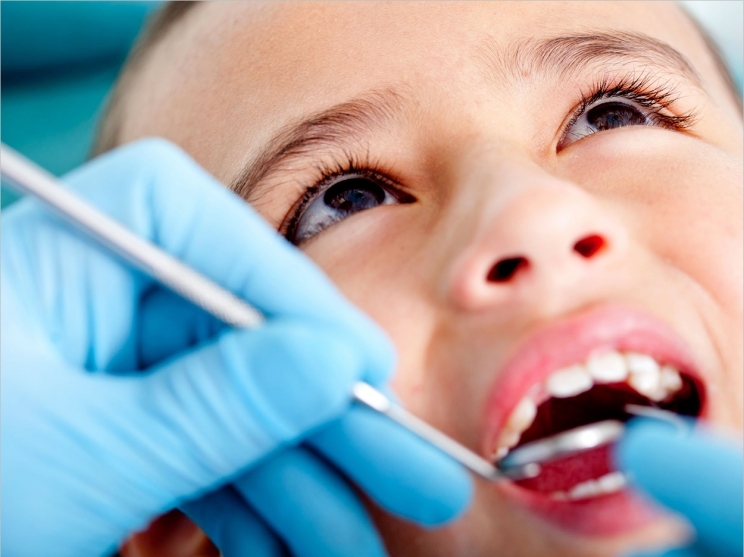
Doctors performed 45,077 tooth extractions on patients under the age of 18 in England and Wales in 2017 and 2018, according to the Local Government Association (LGA). That’s 180 operations a day and an 18% increase over the 38,208 extractions performed in 2012 and 2013, prompting council leaders to call for immediate action to tackle sugar consumption.
These extractions are the result of significant tooth decay due to excessive consumption of sugary food and beverages as well as poor oral hygiene, the LGA reports. The decay is so severe, extractions are performed by doctors in hospitals under general anesthetics instead of by dentists in dental clinics.
Also according to official figures, 322 children under the age of 10 had full dental extractions, removing all their teeth under general anesthetic, in English hospitals in the last five years.
“It’s tragic whenever a dentist has to perform a full clearance on a child, but in many hospitals it is simply business as usual,” said Mick Armstrong, chair of the British Dental Association (BDA).
The 2017-2018 extractions cost £38.9 million, according to new National Health Service (NHS) spending data, compared to the £27.4 million the procedures cost in 2012-2013. The total cost to the NHS of these operations since 2012 is £205 million.
“Tooth decay is wholly preventable, but remains the number one reason for admissions among young children. Sadly, these are just the most extreme examples of an epidemic that’s costing our NHS millions,” said Armstrong.
Municipal councils, which are responsible for public health, have long called for the government to implement measures to reduce sugar intake such as limited sugar amounts in soft drinks and introducing teaspoon labeling on food packaging. In March 2017, the government responded with sugar reduction guidelines for nine food categories.
Now, the LGA is calling for councils to have a say in deciding where the revenue from the soft drinks levy, which has raised £154 million since its introduction, is spent. The LGA also says the government needs to reverse the £600 million in reductions to councils’ public health grants between 2015-2016 and 2019-2020, which they use to fund oral health programs.
“These figures, which have risen sharply, highlight the damage that excessive sugar intake is doing to young people’s teeth. The fact that, due to the severity of the decay, 180 operations a day to remove multiple teeth in children and teenagers have to be done in a hospital is concerning and also adds to current pressures on the NHS,” said Cllr Ian Hudspeth, chairman of the LGA Community Wellbeing Board.
“This trend shows there is a vital need to introduce measures to curb our sugar addiction, which is causing children’s teeth to rot. There must be a reinvestment in innovative oral health education so that parents and children understand the impact of sugar on teeth and the importance of a good oral hygiene regime,” said Hudspeth.
“The sugar levy is progress but must not mark the end of government interest. Kids in England deserve a real national effort to turn the tables on decay,” said Armstrong.
The BDA supported the sugar levy and also has urged the government to go further and faster to reduce sugar consumption, with compulsory action on marketing and reformulation of high-sugar products fueling the epidemic. The group characterizes current efforts as “second class,” with its Starting Well policy operating in parts of just 13 local authorities, with no new investment.
Related Articles
High-Frequency Acceleration Preserves Bone After Extraction
Sugar Levy Takes Effect as Extraction Rates Soar
Children See 170 Extractions a Day in England and Wales











